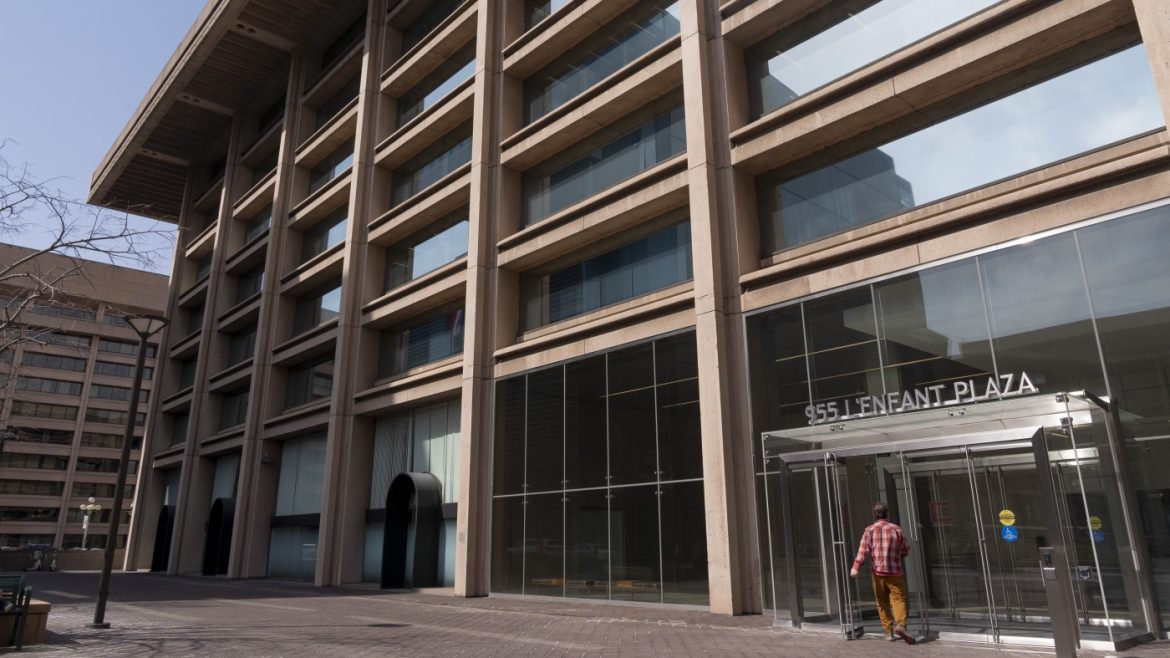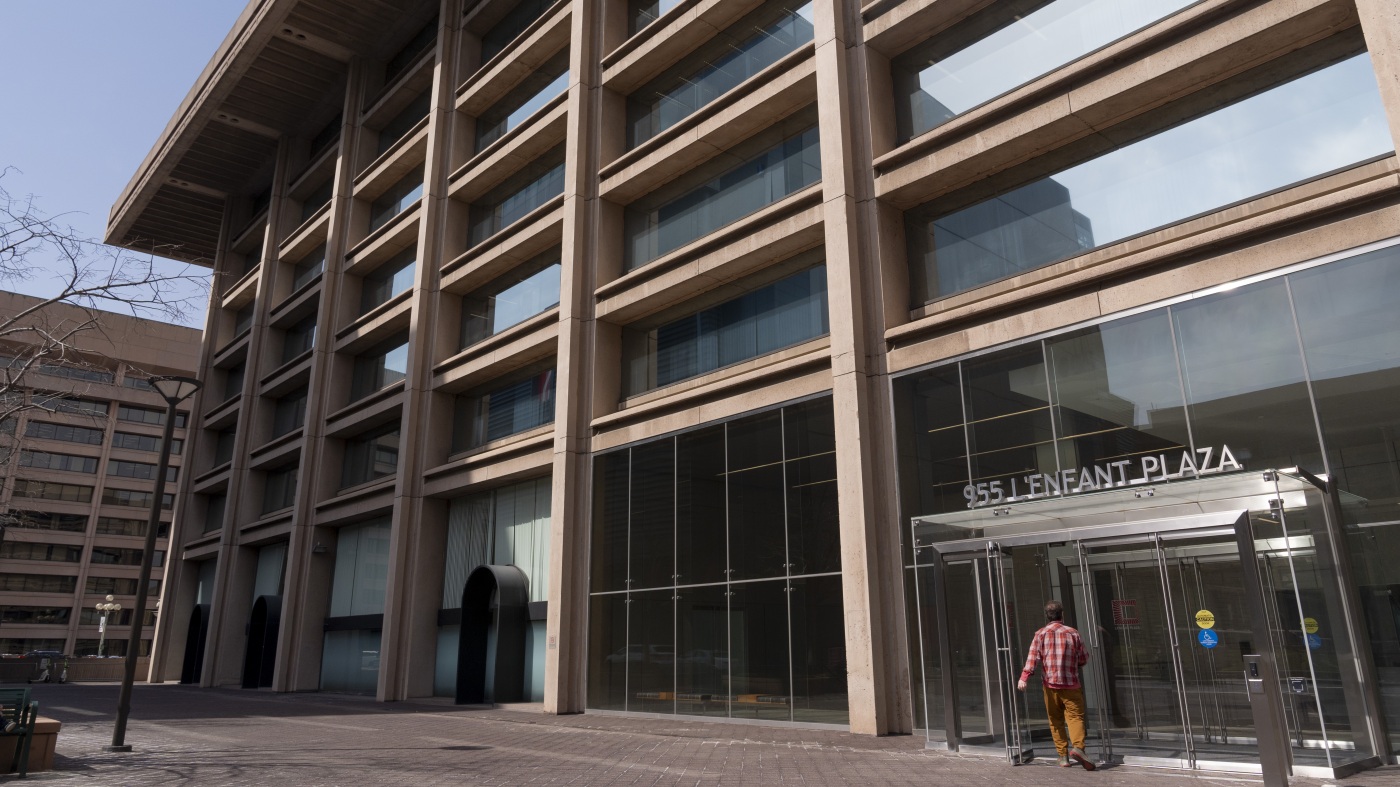Introduction
In a significant legal development, a federal judge issued a preliminary injunction on May 6, 2025, halting President Trump’s executive order aimed at eliminating the Institute of Museum and Library Services (IMLS). This decision temporarily pauses the funding cuts to libraries and museums across the United States, providing a crucial reprieve for these vital institutions. The injunction underscores the ongoing legal battles between state governments and federal policies, highlighting the complexities of governance and the role of the judiciary in shaping public policy.
Background of the Executive Order
On March 14, 2025, President Trump issued an executive order calling for the elimination of seven government entities, including the IMLS. The order directed these agencies to reduce their operations to the bare minimum required by law, effectively dismantling programs and cutting staff. The IMLS, which provides federal funding to libraries and museums, was one of the targeted agencies. This move was part of a broader effort to streamline government operations and reduce federal spending.
Legal Challenge by the States
In response to the executive order, 21 states filed a lawsuit in the U.S. District Court of Rhode Island. The states argued that the dismantling of the IMLS and other agencies would put hundreds of millions of dollars of grant funding at risk, severely impacting public services and the general population. The attorneys general of these states contended that the executive order disregarded the role of Congress in determining the fate of federal agencies and their funding.
The Federal Judge’s Decision
The federal judge’s decision to issue a preliminary injunction was a significant victory for the states. The judge wrote that President Trump’s executive order “disregards the role of Congress in the legislative process and the constitutional separation of powers.” The injunction prohibits the federal government from taking any actions that could pause, halt, or terminate the promised funding to states while legal proceedings continue. This decision underscores the judiciary’s role in ensuring that executive actions comply with constitutional principles.
Implications for Libraries and Museums
The injunction provides a temporary reprieve for libraries and museums, which rely heavily on federal funding for their operations and programs. The IMLS plays a crucial role in supporting these institutions, providing grants for various initiatives, including literacy programs, digital resources, and community engagement activities. The funding cuts proposed by the executive order would have had a devastating impact on these institutions, limiting their ability to serve the public.
The Role of the Judiciary in Public Policy
The decision highlights the judiciary’s role in checking the executive branch’s actions and ensuring they align with constitutional principles. The preliminary injunction demonstrates the courts’ willingness to intervene when executive orders are deemed to overstep constitutional boundaries. This case sets a precedent for future legal challenges to executive actions, emphasizing the importance of judicial oversight in maintaining the balance of power.
Public Reaction and Support
The public reaction to the injunction has been largely positive, with many advocating for the continued support of libraries and museums. The American Library Association (ALA) and other advocacy groups have been vocal in their support, arguing that these institutions are essential for education, cultural preservation, and community development. The injunction has been seen as a victory for public services and a reaffirmation of the judiciary’s role in protecting them.
Conclusion
A Victory for Public Services and Judicial Oversight
The federal judge’s decision to issue a preliminary injunction against President Trump’s executive order is a significant victory for the states and the public. It underscores the importance of judicial oversight in ensuring that executive actions comply with constitutional principles. The injunction provides a crucial reprieve for libraries and museums, highlighting the essential role these institutions play in education, cultural preservation, and community development. As the legal battle continues, this decision sets a precedent for future challenges to executive actions, reaffirming the judiciary’s role in maintaining the balance of power and protecting public services.


